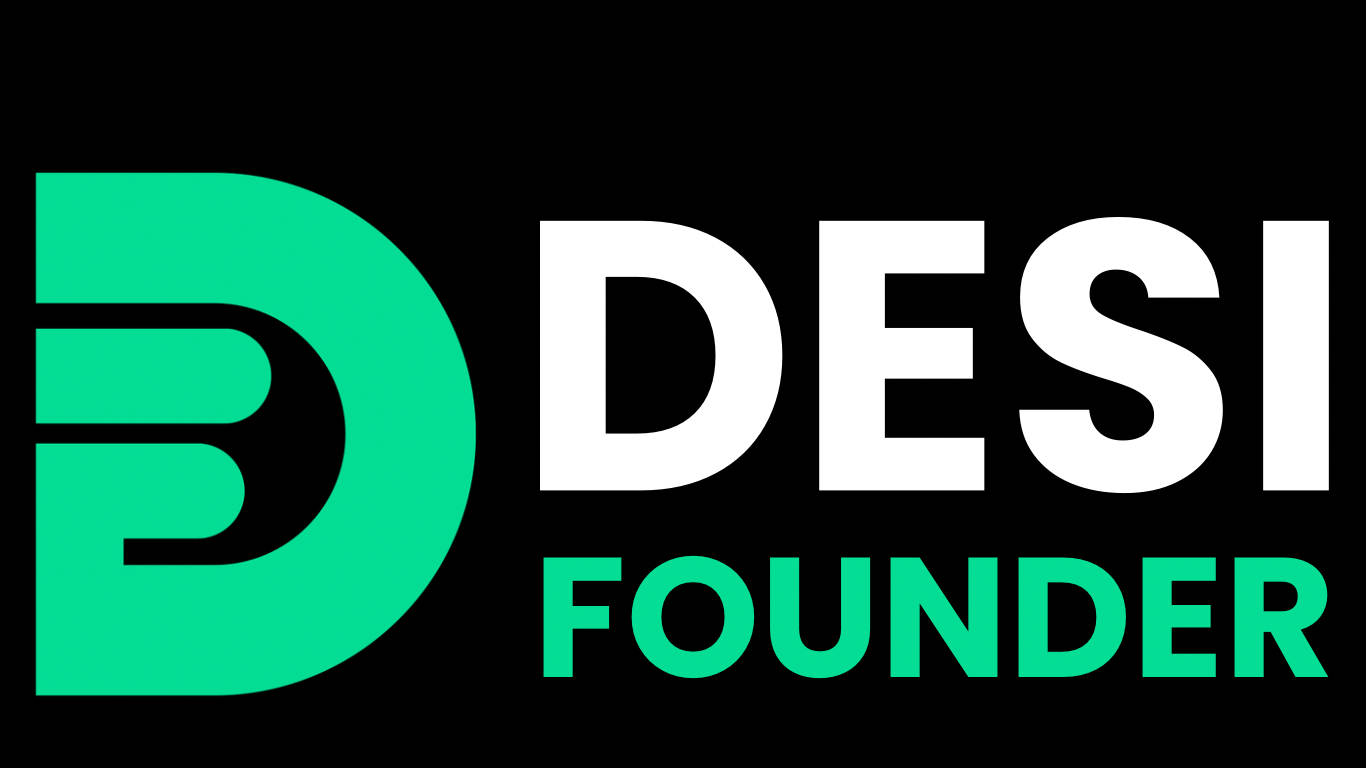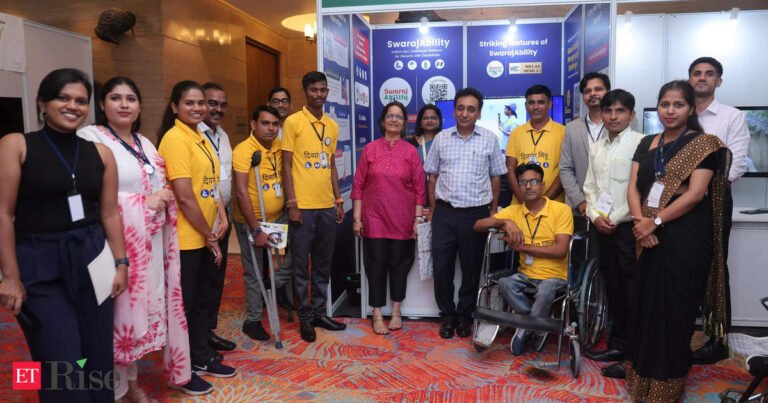In keeping with the Nationwide Household Well being Survey (NFHS-5) carried out by the Indian Council of Medical Analysis (ICMR) in 2019-21, 63.28 million folks, or 4.52% of India’s inhabitants, reside with disabilities. It is a important enhance from the 2011 Census, which reported 2.68 crore (2.21%) disabled people. The sharp rise in these figures requires pressing intervention.
Regional disparities additional spotlight the uneven distribution of incapacity prevalence. For instance, Sikkim experiences a 2.98% prevalence price, in comparison with simply 0.9% in Daman and Diu. Notably, practically 50% of the disabled inhabitants resides in 5 states: Uttar Pradesh, Maharashtra, Bihar, Andhra Pradesh and West Bengal.
To deliberate extra on such urgent challenges and their potential options, the lately concluded Zero Undertaking India Convention 2024 at The Leela Lodge, Gurugram, introduced collectively international and nationwide networks to debate improvements and options for incapacity inclusion. The convention highlighted the pressing must increase job alternatives for folks with disabilities.
In keeping with the 2011 Census, 1.7 crore disabled people have been non-workers, with females accounting for 54%. Within the personal sector, workforce participation stays low — solely 5 of the Nifty 50 firms make use of greater than 1% of disabled people. Public sector enterprises, regardless of the mandate below the Rights of Individuals with Disabilities Act (2016) to order 4% of jobs for folks with disabilities, additionally fall wanting this goal.
Consultants pressured a key resolution to those challenges lies in expertise, notably synthetic intelligence (AI). AI-powered instruments can revolutionise how folks with disabilities entry schooling and talent growth programmes, enhancing their employability. For instance, AI-driven voice recognition software program, text-to-speech purposes, and predictive textual content expertise provide assist for these with visible or bodily impairments. Digital actuality (VR) and augmented actuality (AR) instruments can create simulated coaching environments, offering sensible, real-world experiences for job seekers.Distant work, one other AI-enabled innovation, provides a viable resolution for these with restricted mobility or transportation challenges. In keeping with consultants, this flexibility has the potential to drastically increase employment alternatives for disabled people. AI platforms also can assist match candidates with appropriate jobs, enhancing productiveness and job satisfaction by higher alignment of abilities and roles.Talking on the occasion, Meera Shenoy, founder and CEO of Youth4Jobs Basis, highlighted the significance of grassroots improvements and collaboration. “Whereas coverage frameworks exist, we’d like extra centered efforts to make sure implementation and accountability. Youth4Jobs has touched 15 million households and impacted over 590,000 disabled youth throughout South Asia. By working with the federal government, over 1,500 firms, and civil society, we intention to construct a extra inclusive society,” she mentioned.
Michael Fembek, CEO of the Zero Undertaking, emphasised the position of collaboration in driving incapacity inclusion: “The Zero Undertaking India Convention 2024 provides a novel alternative to attach our international networks with India’s rising improvements. Scalable options shared right here can push the boundaries of what is attainable, making certain that incapacity is not a barrier to employment.”
Authorities representatives attending the occasion additionally echoed these sentiments. Rajesh Aggarwal, Secretary of the Division of Empowerment of Individuals with Disabilities, underscored the necessity to scale up initiatives and enhance every day infrastructure for folks with disabilities. He said that whereas the company sector has made strides, there’s nonetheless a must scale initiatives and enhance infrastructure for day-to-day dwelling for individuals with disabilities.
Martin Essl, Founding father of the Essl Basis, known as for continued innovation, notably in schooling and employment, to drive inclusion. “Collectively, we are able to create pathways that guarantee nobody is left behind. The momentum we’ve constructed at present should translate into actionable change to make the world extra inclusive,” he mentioned.
The Zero Undertaking India Convention 2024 laid the groundwork for collaborative motion, however consultants affirmed the trail forward is difficult. The job creation hole for folks with disabilities will not be solely an ethical difficulty but in addition a missed financial alternative. With the help of AI and expertise, people with disabilities can grow to be key contributors to the workforce, driving each social inclusion and nationwide financial progress.
As India works towards its 2030 targets, the push for incapacity inclusion would require stronger partnerships, better accountability, and improvements that guarantee each particular person, no matter capability, has a spot within the nation’s workforce.

